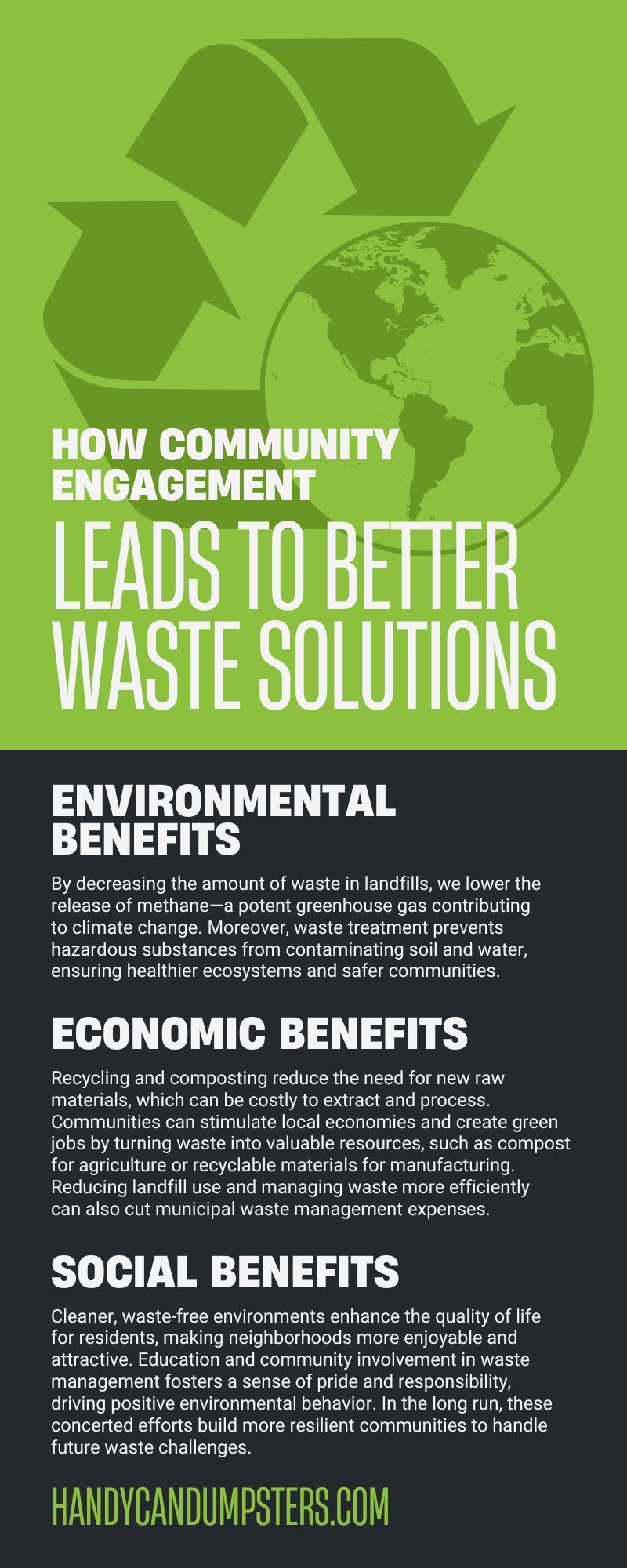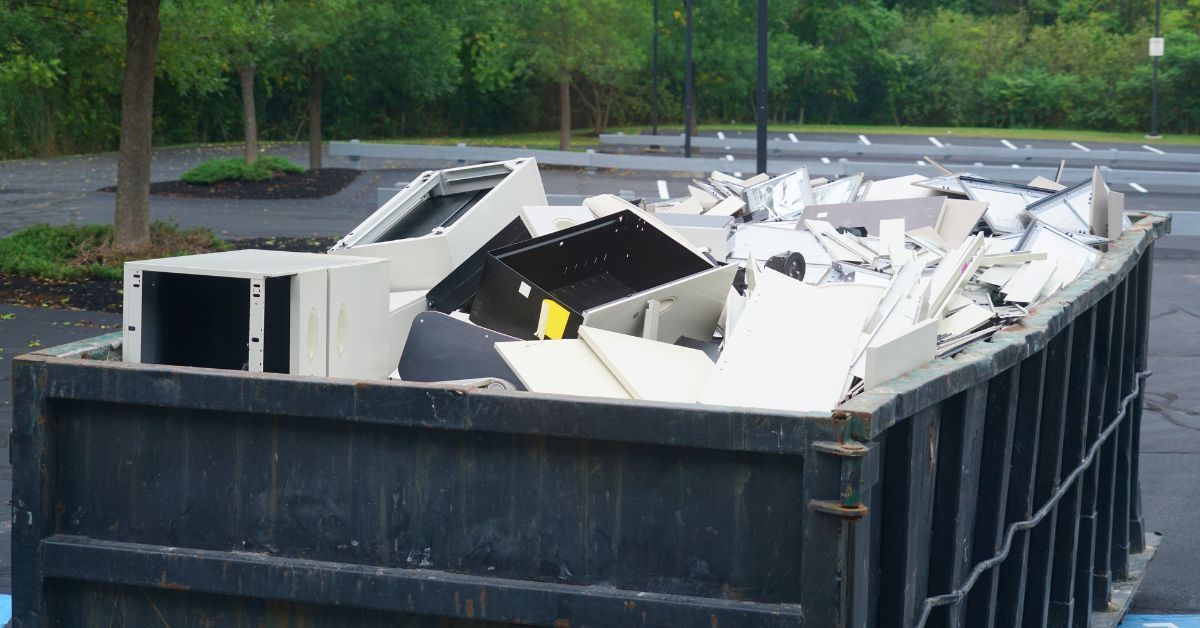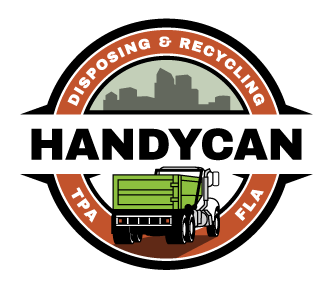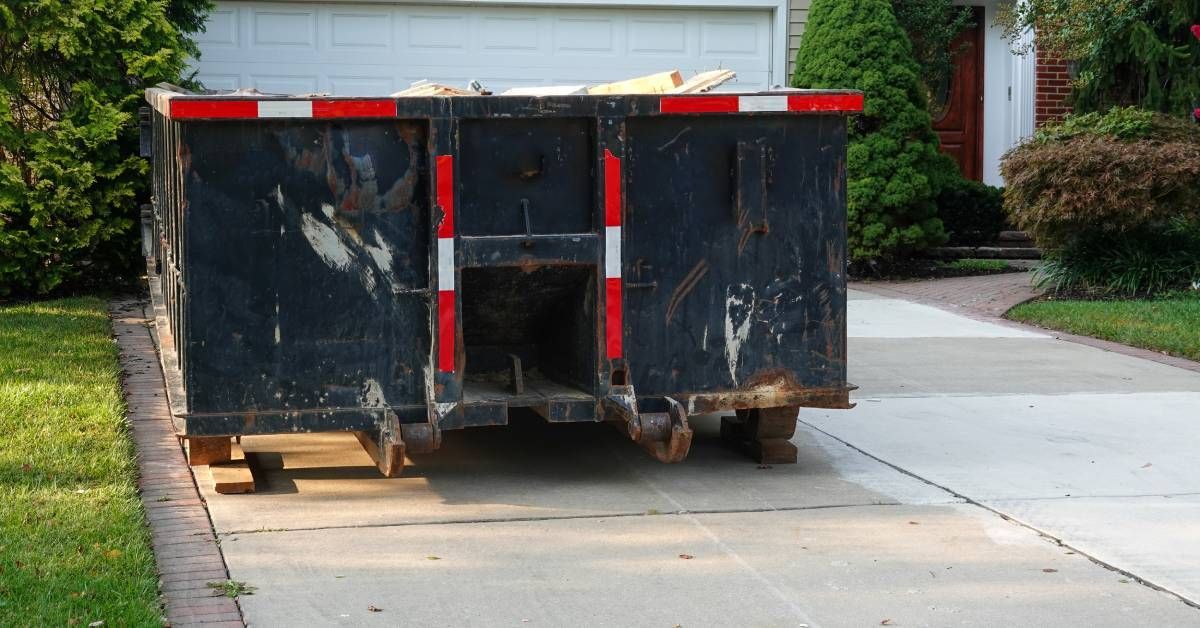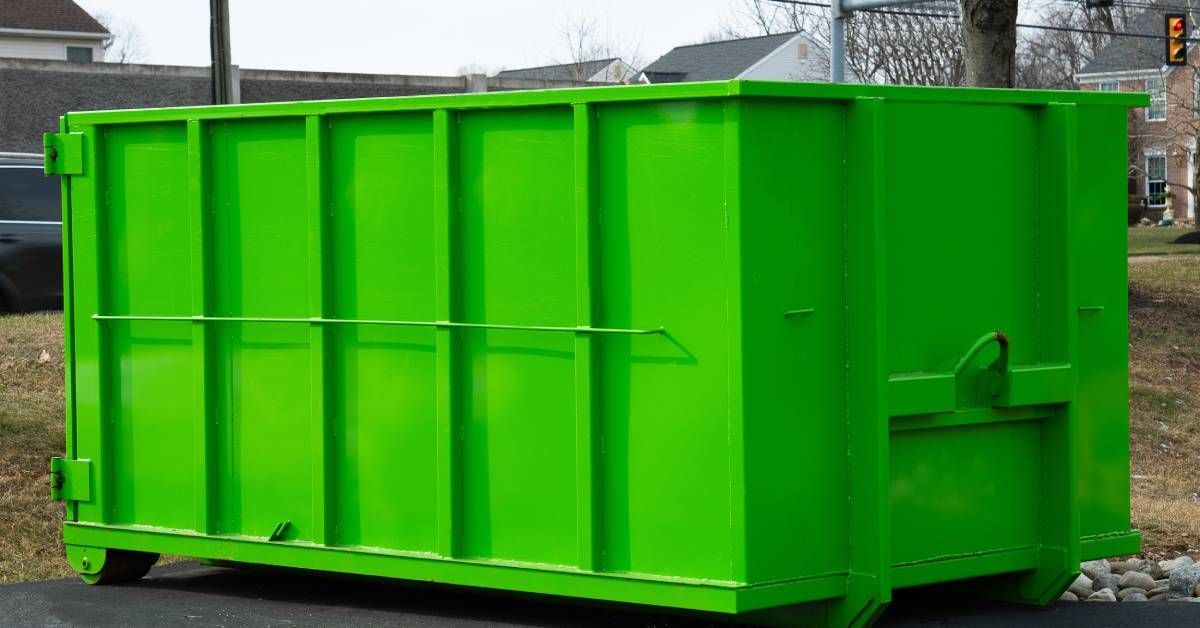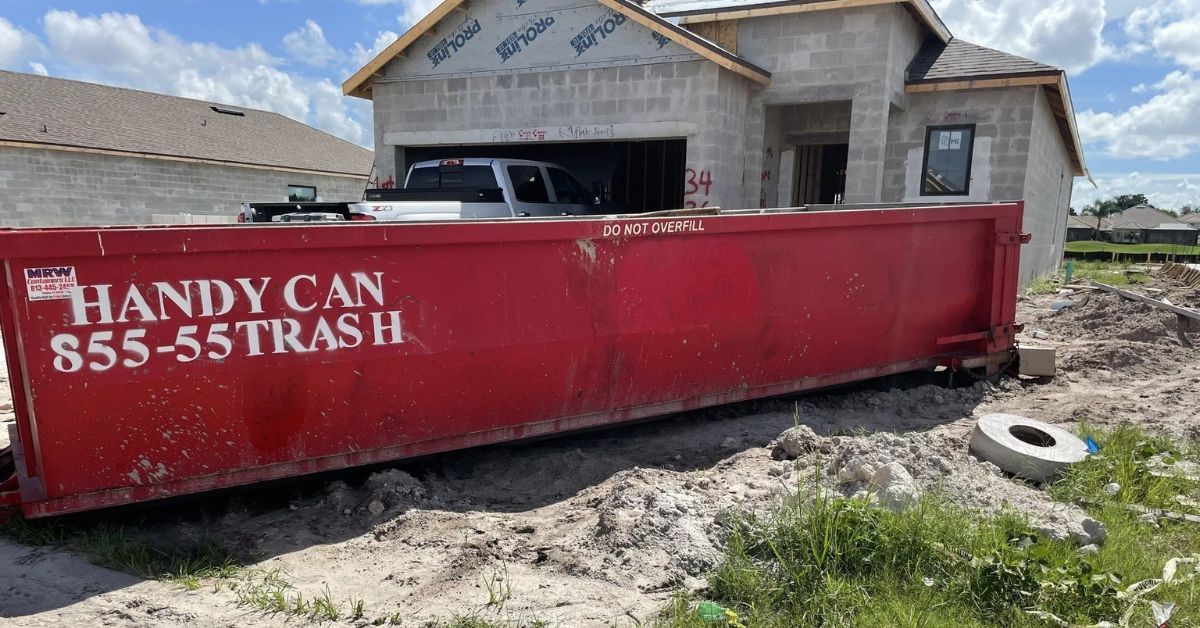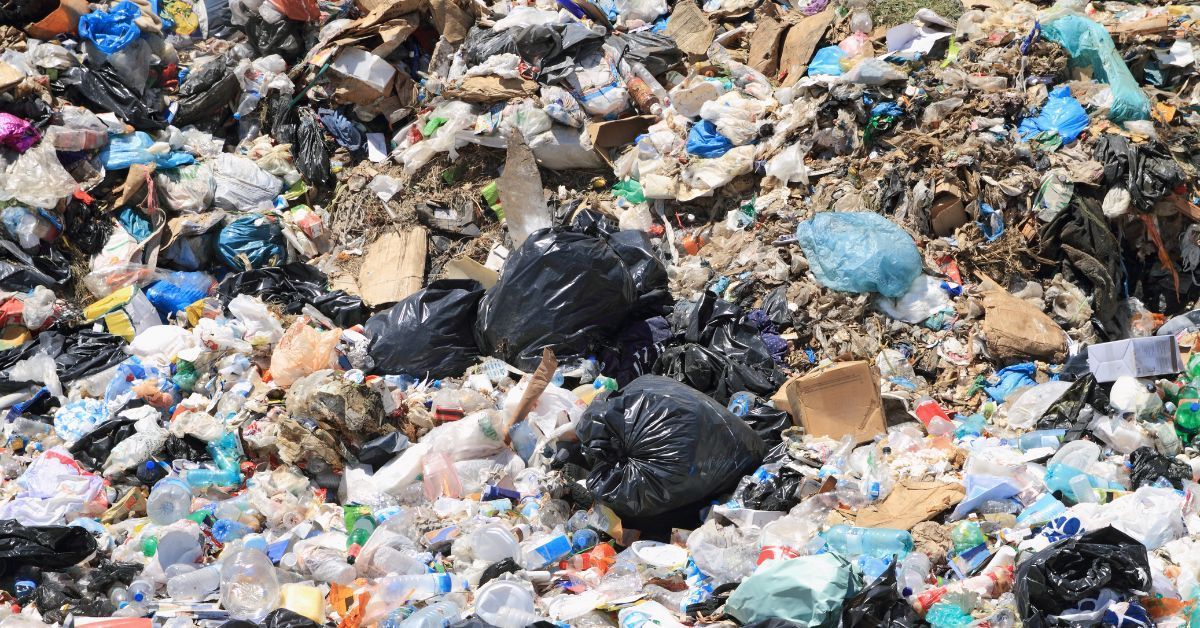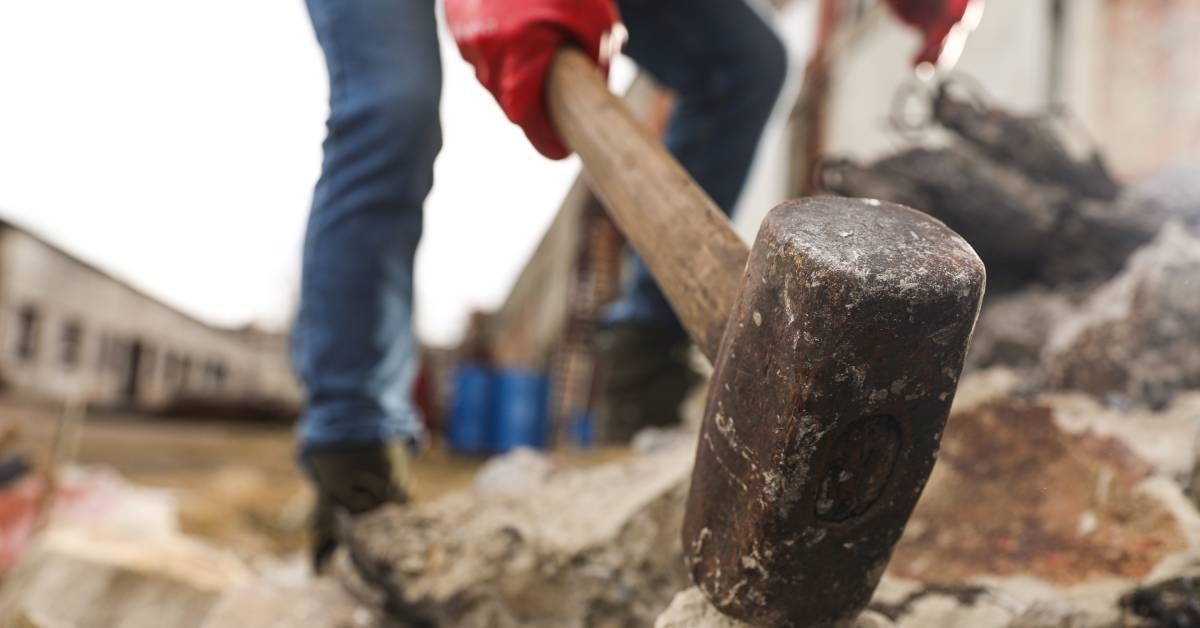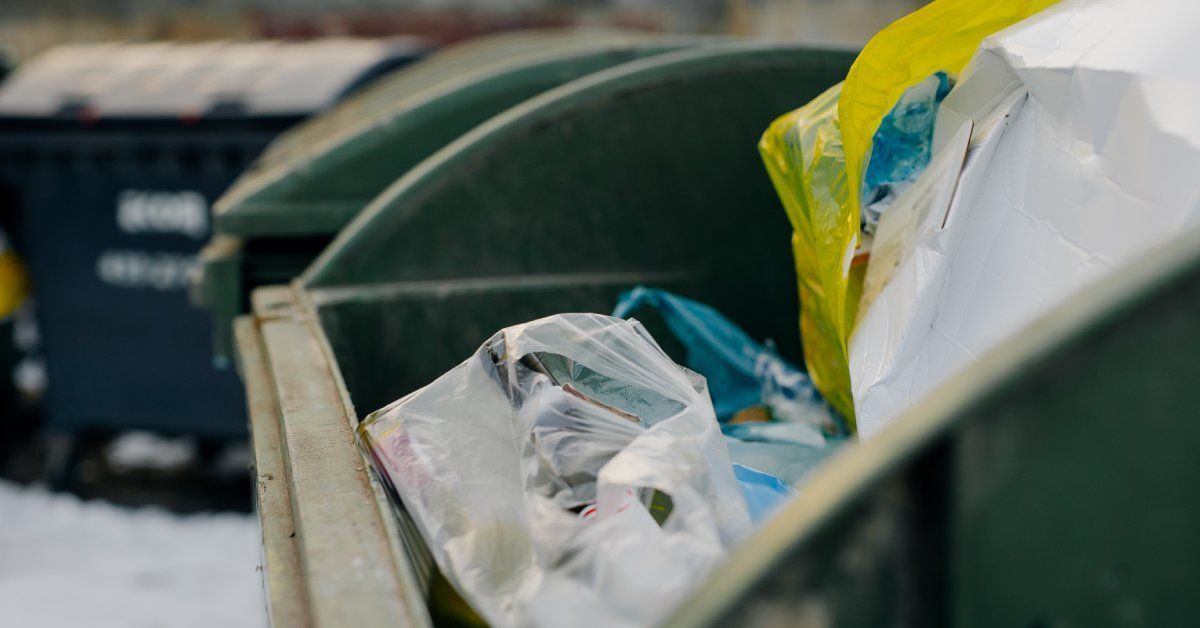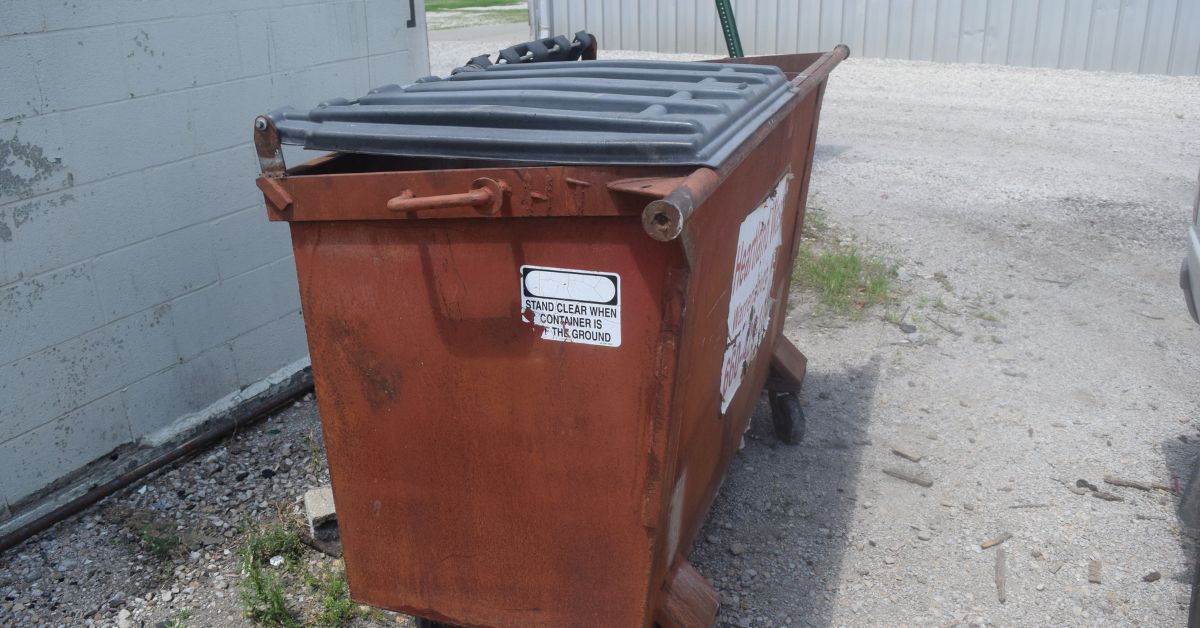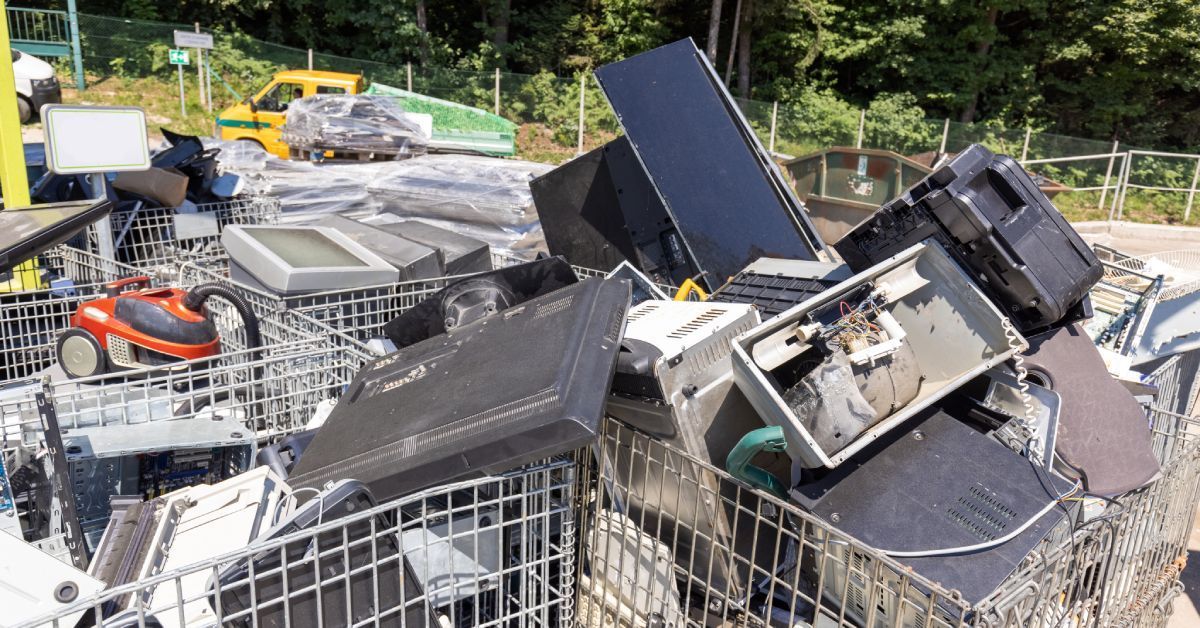How Community Engagement Leads To Better Waste Solutions
Community engagement is becoming increasingly crucial in waste management and sustainability efforts. Active participation from community members can lead to more effective waste solutions, improved recycling rates, and a reduced negative environmental impact. Engaging the community creates a sense of ownership and responsibility, fostering a collaborative environment for addressing waste-related challenges. Discover how community engagement can lead to better waste solutions in the blog below.
Understanding Waste
Waste comes in various forms, each with its own environmental impact. Municipal solid waste includes paper, plastic, and food scraps. Hazardous waste, such as chemicals and batteries, can pose risks to health or the environment. Electronic waste, or e-waste, includes discarded electronics like smartphones and computers. Each type requires specific handling and disposal methods to mitigate its environmental impact.
Improper waste disposal can lead to pollution, resource depletion, and harm to wildlife. When people don’t manage waste correctly, it can contaminate soil, water, and air, posing serious health risks to humans and ecosystems. Understanding the different types of waste and their effects is the first step toward developing effective waste management strategies.
The Role of Community Engagement
Community engagement plays a pivotal role in developing innovative waste solutions. By involving community members in decision-making processes, we can gather diverse perspectives and ideas. This collaborative approach often leads to creative and practical solutions that are more likely to be adopted and sustained over time.
Active participation from the community can also increase recycling rates and promote responsible waste disposal. Educational programs and awareness campaigns can inform residents about the importance of proper waste management and encourage environmentally friendly practices. When communities take ownership of their waste management efforts, they become more invested in maintaining a clean and sustainable environment.
Benefits of Better Waste Solutions
Implementing better waste solutions provides numerous benefits, from environmental preservation to economic advantages.
Environmental Benefits
Effective waste management reduces pollution, conserves natural habitats, and protects biodiversity. By decreasing the amount of waste in landfills, we lower the release of methane—a potent greenhouse gas contributing to climate change. Moreover, waste treatment prevents hazardous substances from contaminating soil and water, ensuring healthier ecosystems and safer communities.
Economic Benefits
Improved waste solutions can lead to significant cost savings. Recycling and composting reduce the need for new raw materials, which can be costly to extract and process. Communities can stimulate local economies and create green jobs by turning waste into valuable resources, such as compost for agriculture or recyclable materials for manufacturing. Reducing landfill use and managing waste more efficiently can also cut municipal waste management expenses.
Social Benefits
Better waste solutions contribute to the overall well-being of the community. Cleaner, waste-free environments enhance the quality of life for residents, making neighborhoods more enjoyable and attractive. Education and community involvement in waste management fosters a sense of pride and responsibility, driving positive environmental behavior. In the long run, these concerted efforts build more resilient communities to handle future waste challenges.
Challenges in Community Engagement
While community engagement benefits are clear, the process has challenges.
Resistant Community Members
One of the primary obstacles is overcoming apathy and resistance to change. Many community members may feel too busy or disconnected to participate actively in waste management initiatives. Addressing this issue requires targeted communication strategies that highlight involvement’s personal and communal benefits, thus persuading individuals to commit their time and effort.
Unbalanced Participation
Another significant challenge is ensuring equitable participation across diverse community groups. Factors such as socioeconomic status, language barriers, and cultural differences can limit the inclusivity of engagement efforts. To overcome this challenge, develop programs and outreach activities that are accessible and appealing to all community members.
Financial and Logistical Hurdles
There can be logistical and financial constraints in organizing and sustaining community engagement efforts. Resources such as funding, staff, and time are essential for planning and executing effective programs. Securing ongoing support from local governments, businesses, and non-profit organizations is necessary to overcome these hurdles.
Challenges Measuring Impact
Measuring the impact of community engagement can be difficult. Developing metrics to evaluate the effectiveness of engagement strategies and their contribution to improved waste management can reveal what works and what needs adjustment. Continuous monitoring and feedback loops are essential to refine approaches and achieve long-term success.
By recognizing and addressing these challenges, communities can create more resilient and inclusive engagement processes, leading to more effective and sustainable waste management solutions.
Practical Steps for Engagement
Engaging communities in waste management requires a strategic approach. Here are some actionable steps to get started.
- Educate and inform: Launch educational campaigns to raise awareness about the importance of waste management and sustainability. Provide clear information on recycling guidelines and the benefits of reducing waste.
- Create opportunities for participation: Organize community clean-up events, recycling drives, and workshops. Encourage residents to participate and contribute to waste reduction efforts.
- Foster collaboration: Partner with local schools, businesses, and organizations to promote waste management initiatives. Collaborative efforts can amplify the impact of community engagement.
- Provide resources: Ensure residents have access to recycling bins, composting facilities, and other necessary resources. Make it easy for them to participate in waste management efforts.
- Recognize and reward: Acknowledge and reward individuals and groups that are significantly contributing to waste management. Public recognition can motivate others to get involved.
By following these practical steps, communities can foster a culture of sustainability and improve their waste management practices.
Measuring Impact
Assessing the success of community engagement efforts is crucial for continuous improvement. Here are some strategies for measuring impact:
- Track participation rates: Monitor the number of residents participating in recycling programs, clean-up events, and other initiatives. Higher participation rates indicate successful engagement.
- Measure waste reduction: Analyze data on waste generation and diversion rates. A decrease in waste sent to landfills and an increase in recycling rates signify positive outcomes.
- Conduct surveys: Collect feedback from community members to gauge their awareness and satisfaction with waste management programs. Use this information to make informed improvements.
- Evaluate environmental impact: Assess changes in local environmental conditions, such as reduced litter and improved water quality. Positive ecological outcomes indicate the success of community engagement efforts.
- Set benchmarks: Establish clear goals and benchmarks for waste management initiatives. Regularly evaluate progress against these targets to ensure continuous improvement.
By employing these measurement strategies, communities can track the effectiveness of their engagement efforts and make data-driven decisions to enhance waste management practices.
The future of better waste management relies heavily on community engagement. As we face increasing environmental challenges, the active participation of community members is essential for developing sustainable waste solutions. We can create a cleaner and more sustainable world by understanding the different types of waste and their impact, involving communities in decision-making processes, and implementing practical engagement strategies.
Community engagement fosters a sense of ownership and responsibility, leading to innovative solutions and improved waste management outcomes. Join the movement for better waste solutions and make a difference in your community today. Together, we can create a sustainable future for generations to come.
Handy Can Disposing and Recycling offers construction roll-off dumpsters to ensure your work site stays clean and waste ends up in the right location. We also provide services for residential dumpsters. Handy Can is the place to call if you have a big move, clean out, or renovation. Contact us with any questions.
